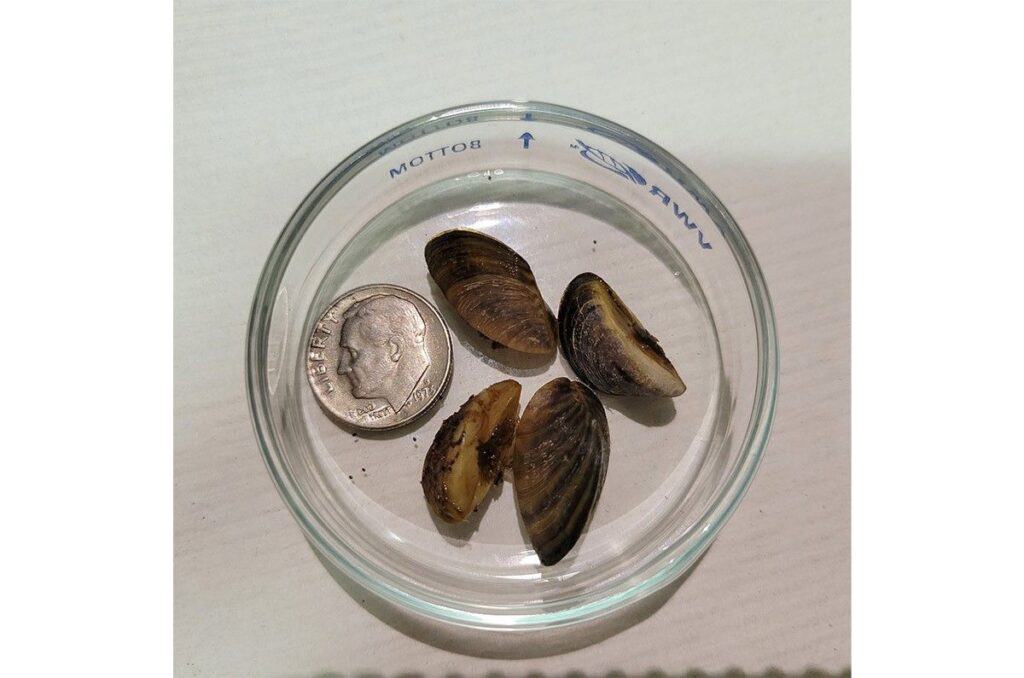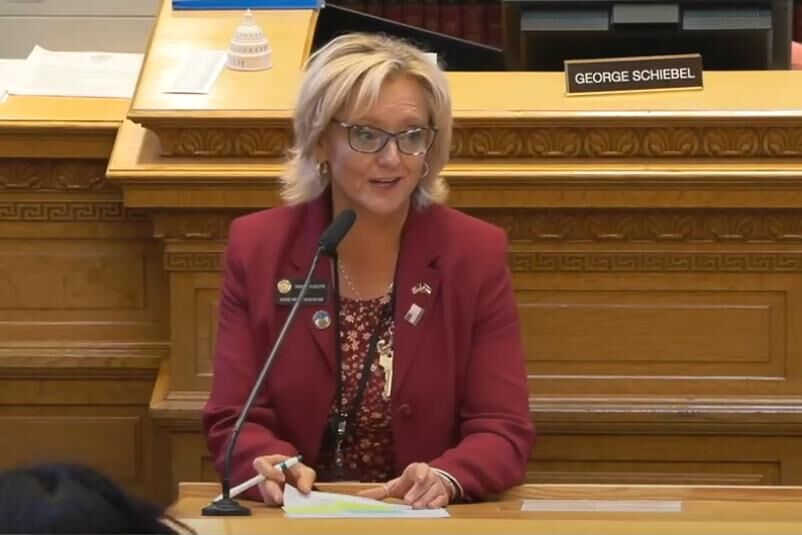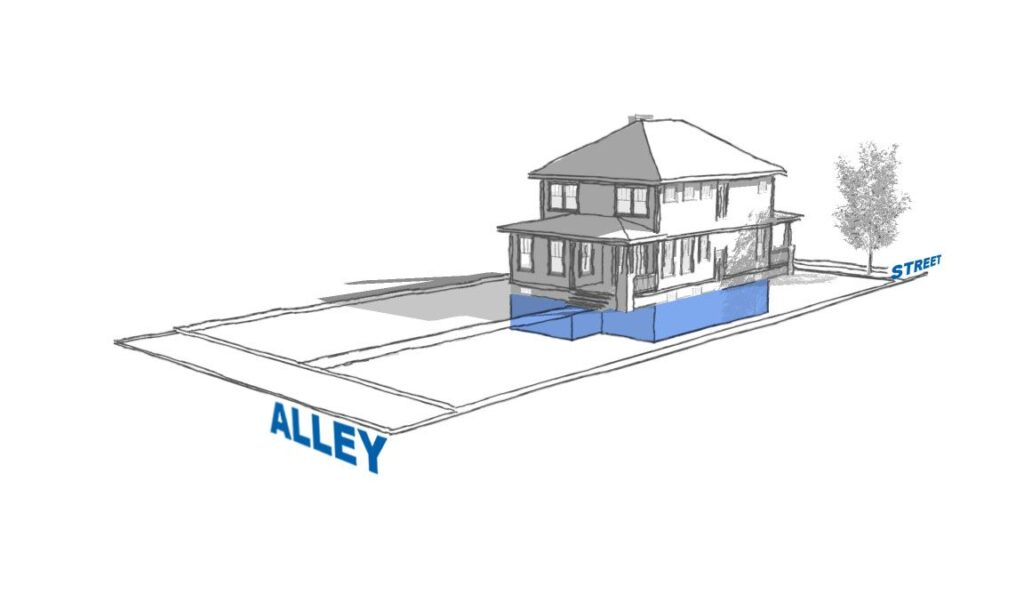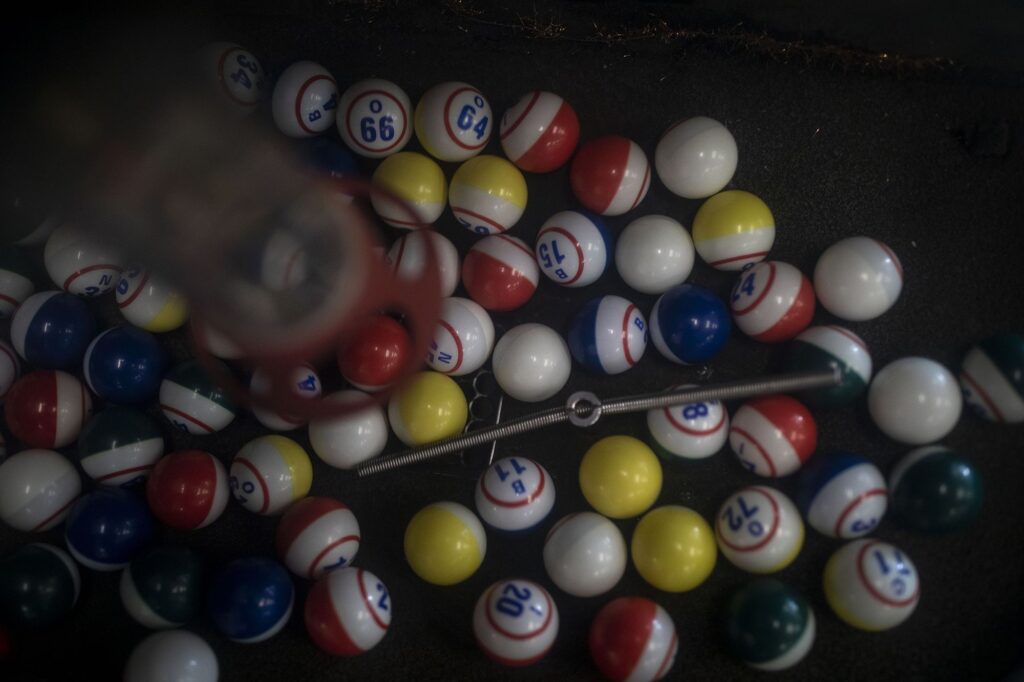Judge denies Colorado Springs’ attempt to delay De’Von Bailey lawsuit

A federal judge has rejected the city of Colorado Springs’ attempt to halt discovery of evidence in the civil lawsuit over the death of De’Von Bailey, a 19-year-old Black man whom police shot in August 2019.
“Law enforcement defendants take advantage of the legal process to create just this exact kind of delay as a tactical maneuver,” said Mari Newman, one of the attorneys for Bailey’s family.
Colorado Springs and the officers involved in the shooting had asked U.S. District Judge William J. Martínez to dismiss the case by way of applying qualified immunity, a legal doctrine that shields government employees from liability absent a violation of clear constitutional or statutory rights.
The defendants also requested the judge stop discovery – which includes obtaining documents or physical evidence and taking the testimony of witnesses or experts – until there was a ruling on the issue of qualified immunity.
In a Nov. 17 order, Martínez denied the city’s request, while foreshadowing he was inclined not to dismiss the case.
“[I]n the Court’s view it appears that the likelihood Defendants will successfully invoke the defense of qualified immunity is not high,” Martínez wrote.
Bailey’s family filed the lawsuit in June of this year, alleging Officers Alan Van’t Land and Blake Evenson had no threat to their safety when they fired eight shots into Bailey as he fled from them. A grand jury in the Fourth Judicial District as well as federal authorities determined the officers were justified, even though a 1984 U.S. Supreme Court decision prohibits the use of deadly force on a fleeing felon unless he poses an immediate threat.
While another jury determined the police stop was based on a false accusation of robbery against Bailey, he did have a firearm on him during the encounter. The defendants described an “overwhelming trend” among federal appeals courts to find police officers to have acted reasonably in situations when an individual appears to reach for a gun.
In its motion to pause proceedings, the city wrote in part that “the public interest favors conservation of resources by the Court and the parties, particularly here where the defense expenses are ultimately borne by the public.”
In response, attorneys for the family called the city’s request a “standard but tiresome ‘recipe’ for law enforcement defendants in civil rights litigation.”
Newman elaborated that the maneuver was something “law enforcement in virtually every case, whether there is any legal basis or not, does to delay civil rights victims’ ability to move forward with their cases. And in that time period, witnesses die, people forget what they saw, people become inaccessible.”
She added, “It’s really a war of attrition designed to ultimately squash civil rights plaintiffs who are generally grieving families with limited resources.”
Martínez agreed with the plaintiffs’ concerns, mentioning in his order that “[t]hese risks are particularly heightened here because the allegations suggest that the parties will rely heavily on witness testimony.”
Newman had no indication of when Martínez intended to rule on the motion to dismiss. A magistrate judge set a deadline of Sept. 24, 2021, for the parties to gather information.













